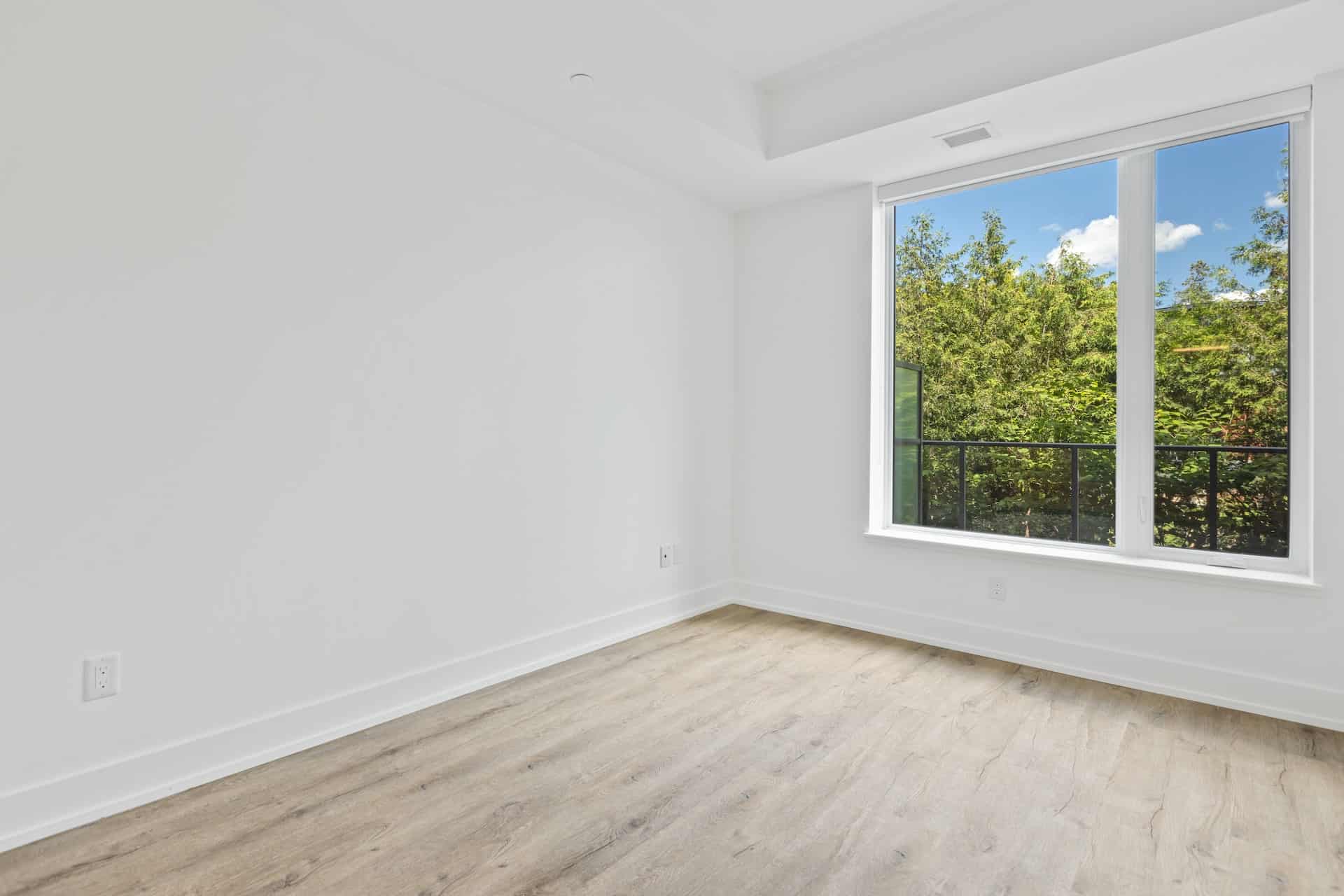You found your dream apartment, submitted an offer, and the landlord wants you to pay a security deposit. Is this a scam, or is putting down a security deposit for an apartment common practice?
Find out everything you need to know about security deposits, what the law says, and common practices when renting a place.
What Is a Security Deposit for an Apartment?
A security deposit is a specific amount of money paid when you move in. Your landlord, property management, or apartment complex collects the deposit.
Regulations state that landlords must provide a receipt for your security deposit for an apartment or house. The receipt should include:
- The apartment complex or owner’s name
- Address
- Amount of your deposit
- Name of the bank or other financial institution holding your deposit
It’s wise to save your receipt for your paperwork if you encounter any issues when moving out.
How Much Can a Security Deposit Be?
Depending on where you live, state and municipal laws are different. You’ll likely find that most security deposits are one to two times the monthly rent.
Why Do I Need to Pay a Security Deposit?
A security deposit guarantees that you don’t damage your apartment and move out without paying for it. The landlord can use the deposit to cover expenses if needed.
Keep in mind you should do a walk-through with the landlord to document any existing damage to the apartment. Otherwise, you could be responsible for that damage, too.
When Do I Pay My Security Deposit?
You pay your deposit when signing the lease. It’s part of the move-in process and happens before you get your keys. Make sure you review the lease to understand the terms of your security deposit for the apartment and related damages.
What Does My Landlord Do With My Security Deposit?
Don’t worry; your landlords can’t spend your deposit. Legally, it’s held in a federally-insured bank or other financial institution. The account also accrues interest.
Can My Landlord Deduct From My Security Deposit?
Yes, your landlord can deduct it from your security deposit for specific reasons. These are outlined in your lease.
Reasons Why Your Landlord May Deduct Money from Your Deposit
When landlords deduct money from your deposit for an apartment, it’s usually for any damage you or your guests caused. But, they’re required to give an itemized list of the damage and cost within 30 days of your lease ending. The list can be the actual cost or an estimate.
Landlords can also hold back your deposit if you withhold unpaid rent. There is a caveat here. You can legally withhold rent under certain conditions without impacting your security deposit.
For example, in Chicago, tenants can refuse to pay rent if the landlord violates their lease agreement. If your apartment breaches Illinois’ implied warranty of habitability, renters also have the right not to pay rent. A broken heater is one example of an uninhabitable apartment.
When Do I Get My Security Deposit Back?
The idea of a security deposit is to give you a reason not to damage the apartment or break your lease. If you took care of the apartment and it’s free from damage, you should get your deposit back when you move out.
Most cities have specific rules about the return of your security deposit for an apartment. The landlord must return the deposit a specified number of days after the tenant moves out. Your landlord must also give back your deposit in an even shorter period if you moved out due to a fire. Not that there are usually some exceptions to the rules.

What If I Don’t Get It Back?
If you don’t get your security deposit for your apartment back, you can consider filing a case in small claims court. It’s possible to sue to get the amount back and the cost of the lawsuit.
Still, it’s important to consider if dealing with the hassle is worth it. Make sure you exhaust all possible avenues, including sending a demand letter requesting your deposit back.
You could collect interest if you still don’t have your security deposit six months or longer after moving out. This rule applies to a building with 25 units or more. Remember, the deposit must stay in a bank that accrues interest. Illinois state law requires landlords to pay tenants interest or apply interest as a credit every twelve months.
Can I Rent an Apartment Without a Security Deposit?
Yes! Although it’s not as common, you can rent an apartment without a security deposit. This is entirely at the landlord’s discretion.
Alternatives to a Security Deposit When You’re Renting an Apartment
You may find some apartments that charge a move-in fee instead of a security deposit. The amount is usually smaller but is not refundable. The tenant pays less upfront, and the landlord can pay for potential damages.
Some companies sell “surety bonds” to tenants that replace the security deposit for apartments. It guarantees that they’ll cover any damages when you move out. If the damages are more than the bond amount, the company will pursue the full amount on behalf of the landlord.
Surety bonds and insurance for security deposits are relatively new. Just make sure you’re working with a reputable company before signing anything.
Ready to Find an Apartment?
Paying a security deposit for an apartment is pretty standard practice. However, if you’re unhappy with how your future landlord wants to handle your security deposit, you can keep looking for apartments. You can even find one without a deposit.
Browse our listings on Brixbid to find the best place for you!
Arrange a viewing, negotiate your rent, and sign your lease all on one platform. Best of all, you can safely pay your security deposit through Brixbid. So, it’s not just incredibly easy, you can also rest assured that your money is safe.



